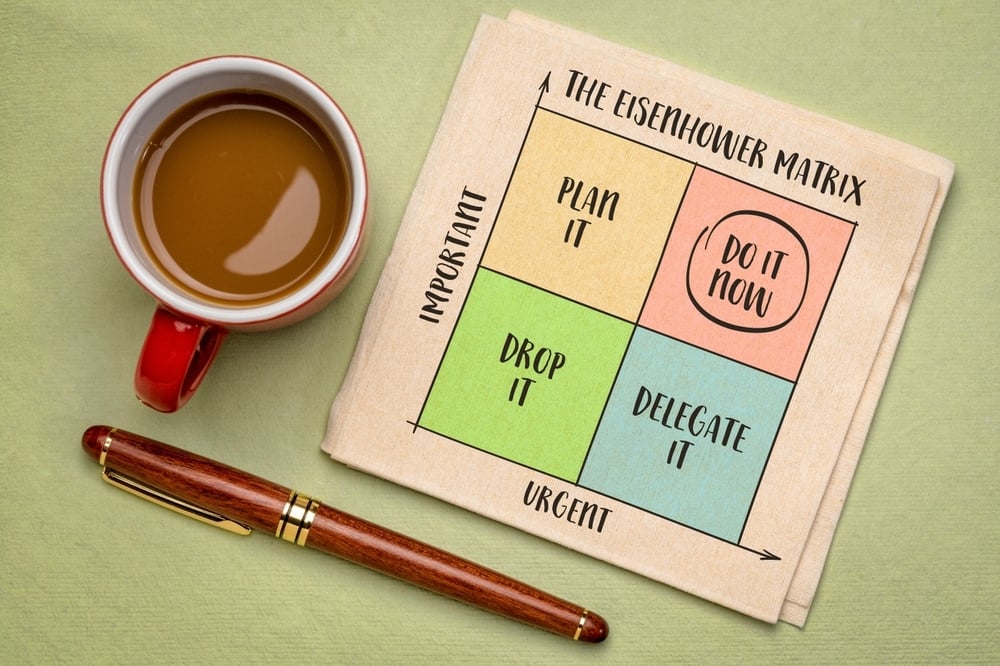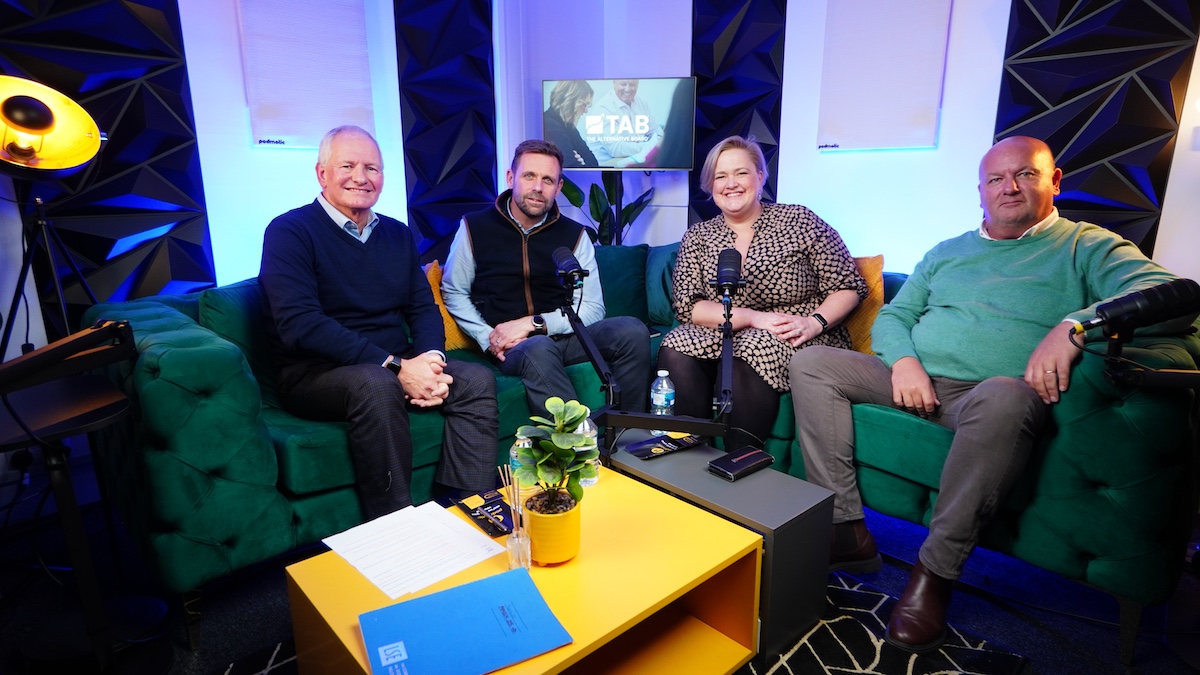
Going the Extra 26 Miles
by Ed Reid
Listen to Audio Version:
There’ll be someone reading this blog who lives near Otley. And they’ll be familiar with the Chevin, cheerfully described by Wiki as a ‘ridge on the south side of Wharfedale.’
…Slightly less cheerfully described, perhaps, by the thousands of runners who did the Leeds Marathon on Sunday. Click the link, and look at the course profile. Yep, that’s the Chevin: right there at around 18 miles. Looking tougher than the north face of the Eiger…
One of our best friends – who just turned 50 – ran her first (and last) marathon on Sunday. Dav and friends went to support her and described the atmosphere as ‘incredible.’ If you watched Look North or Calendar on Monday evening, you’d have seen it for yourself.
Someone definitely not running his first marathon was Kevin Sinfield. Ex-Leeds Rhinos loose forward, Kevin Sinfield is now the defence coach for the England rugby union team. He’s also raised a spectacular amount of money for charity, starting in 2020 with seven marathons in seven days as he attempted to raise £77,777.
The specific charity he was fundraising for was the Motor Neuron Disease Association (MNDA) because – as many of you will know – his former teammate Rob Burrow was diagnosed with MND in 2019.
Three years – several ultra-marathons and millions of pounds later, Kevin Sinfield ran Sunday’s Leeds Marathon, pushing Rob Burrow all the way in a specially designed sports wheelchair. At the finish – after 26.2 miles of the hilliest marathon course in Europe – Sinfield lifted his former teammate out of the wheelchair and carried him across the finishing line.
Watching on TV, I am not even remotely ashamed to say I shed a tear—several tears.
…And not just for Rob Burrow. Something approaching 19,000 athletes took to the streets of Leeds on Sunday, with a significant number doing it for charity. So far, the organisers think that more than £3m has been raised, with just short of £1.5m going to the MNDA.
If you live in Yorkshire, the chances are that you know someone who was running on Sunday. They may even have hobbled – stiff-legged, walking downstairs backwards – into the office on Monday. And that brings me, finally, to the subject of the blog this week.
Many, many members of TAB UK raise money for charity: a lot of them have a charity they ‘adopt’ each year. Why? It’s easy to give a simple answer like ‘they’re good people’ or ‘it’s the right thing to do.’ Both of those are true: they are good people, and supporting local and national charities is the right thing to do.
But for businesses, it goes deeper than that…
Supporting charities – especially local and regional ones – raises your profile. It’s great – and relatively inexpensive – PR. You meet new people, and you unquestionably widen your audience and broaden the reach of your company.
Charity work can help to define and sharpen your brand. One of the key messages I wanted to get across when I started this blog was a very simple one: ‘I’m a good person to work with.’ Hopefully, the last 13 years have borne that out – and supporting local charities gives exactly that message. ‘They’re doing it for the hospice: they’re probably good guys to work with.’
Some concrete advantages then – but in my experience, there’s one ‘gain’ that exceeds them all. That’s the boost to staff morale and – to use a slightly old-fashioned expression – team spirit.
We all know that millennials and Generation Z – now making up an ever-increasing proportion of the workforce – want very different things from their parent’s generation. They want to work for companies that share their values, and they want to work for companies that care. Working with charities – especially local charities where you can see direct results – ticks that box exactly. It brings your team together – and if there are half a dozen of you the chances, sadly, are that someone has a family member directly affected by the condition you’re raising money for.
Long-term readers will know that one of the first business books I ever read was Robert Townsend’s Up the Organisation – originally published 40 years ago. ‘If you’re not in business for fun or profit,’ Townsend asked, ‘What are you doing here?’
Forty years on – and with the example of hundreds of TAB members up and down the UK – we can probably amend the quote slightly. ‘If you’re not in business for fun or profit, or to help your local community…’
Let me end where I began, with Kevin Sinfield, Rob Burrow and the Leeds Marathon. Both are former Leeds Rhinos players, so it seems appropriate to mention TAB’s partnership with Rugby League Cares and the six free interactive webinars they’re offering – from Mental Fitness through to Positive Influences – starting in late June. If you need any more details, get in touch with anyone at head office.
Related articles

Goodbye Unicorn, Hello Centaur
Ed Reid, Managing Director of TAB UK, talks about why your business fundamentals are absolutely central to your success.

It’s about time
Discover how effective delegation and team-building can transform your business and your life. Reclaim the time and freedom you've always dreamed of.

Inflation: It’s a two-edged sword for employers
Ed Reid, Managing Director of TAB (UK), talks about how inflation will affect SMEs in the UK and their employees, and how leaders should respond.





